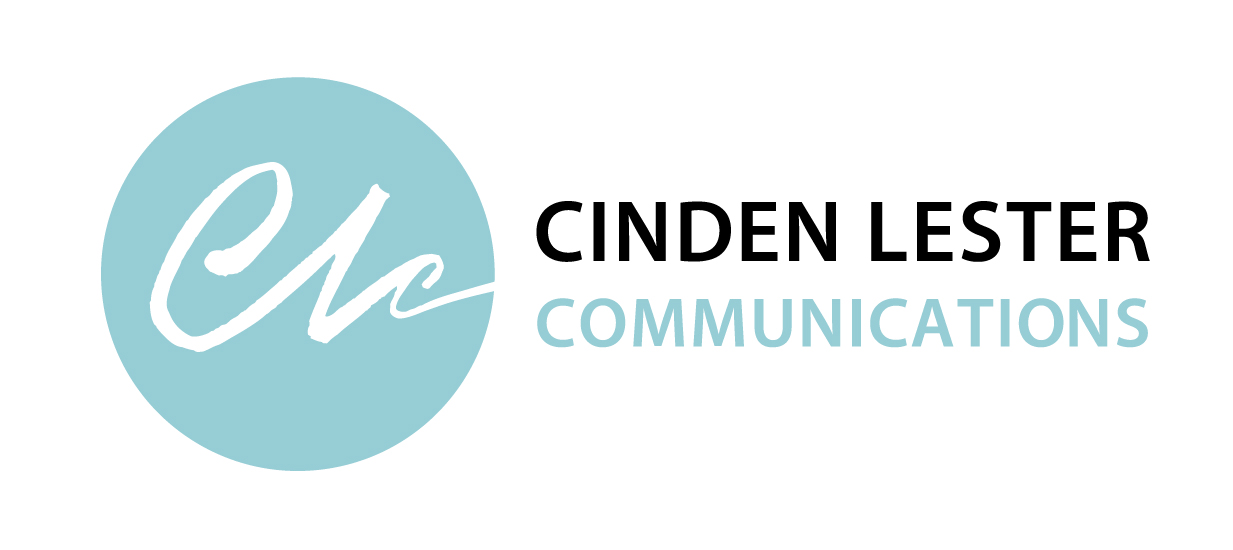 On the weekend we held a spy-themed birthday party for our 8-year-old: a day of organised chaos with pin the sunglasses on the spy, water pistol target practice, a backyard laser beam challenge, and secret clues leading to the hidden piñata.
On the weekend we held a spy-themed birthday party for our 8-year-old: a day of organised chaos with pin the sunglasses on the spy, water pistol target practice, a backyard laser beam challenge, and secret clues leading to the hidden piñata.
Tidying away the ‘Top Secret’ paraphernalia afterwards, it occurred to me that, along with birthday cake and ice blocks, the day served up some useful lessons about building good working relationships.
So here are six tips to help you manage those sometimes tricky relationships with work colleagues involved in your projects.
We had the order of events pretty tightly mapped out until we learnt that two party guests were going to arrive late. It was important to the Chief Spy (birthday girl) that everyone was involved in the hidden piñata hunt so we quickly rearranged things to delay that game. We also paused official proceedings when the Chief Spy announced a secret spy meeting, which involved loud music and lots of giggling behind a closed bedroom door.
Lesson learnt: Planning is necessary and being organised is a must. But it is also important to remember that not everyone has the same priorities as you, and that a little flexibility can go long way to working effectively with others.
Pin the sunglasses on the spy—a variation on the old ‘pin the tail on the donkey’ party game—was a hit. The two Special Agents (big sister and friend) explained the aim of the game and applied the blindfold to each guest in turn. There was plenty of good natured laughter as everyone tried to get the sunglasses in the right spot.
Lesson learnt: If everyone clearly understands the objective, there’s less room for misunderstandings, duplication, resentment or people feeling disenfranchised. A shot of humour can also diffuse competitive tension or frame constructive feedback in a way that could otherwise be taken as negative.
Water pistol target practice involved squirting at plastic cups to tip them over. As predicted, spies (party guests) and other moving objects (parents!) soon became more attractive targets. A raucous and damp 20 minutes followed.
Lesson learnt: Think ahead and think outside your own perspective. Predicting how others might react can help you manage a situation when someone else’s agenda takes over for a while. Sometimes it’s best to take a hit, get back up and keep going rather than rigidly insisting on the original plan.
The laser beam challenge was two rows of tomato stakes with red ribbon strung between them at various angles. Everyone had a different approach to this challenge: some commando crawled under and some hopped over while others combined both these tactics. Some limboed and one even wriggled like a worm on her back to the finish line.
Lesson learnt: If someone’s approach is different to yours, don’t assume that means they’re wrong. Allow others to be themselves and tackle challenges in their own way—as long as you are all still aiming for the same finish line. You might even learn a few new tricks you can use the next time you have to jump over (or limbo under) unexpected project hurdles.
The piñata hunt was a highlight (the Evil Dr Chaos tried to ruin the party by stealing the piñata and hiding it away). The group enjoyed figuring out each clue and running excitedly to find the next. Not everyone got every clue, but between them they worked it out—reading the mirror writing, following the footsteps, piecing together the sentence fragments.
Lesson learnt: It’s important to work as a team. This can be challenging if someone wants to leap ahead or if someone is lagging behind. But the best results come from the combined effort, when everyone has the chance to bring their unique perspective and skills to the table.
Helping to hand out party bags and wave goodbye, I’ll admit to being pretty chuffed when told it was ‘awesomest party ever’ and ‘the best party this year’.
Not every project ends on a high note (or with chocolates and champagne from happy clients—thank you—you know who you are!) but it’s great when they do.
Lesson learnt: People value positive feedback. If you have something good to say, say it. If you have constructive feedback, provide that too. And ask your colleagues for their feedback. Treat every debrief as an opportunity to fine tune the process for the next project.
* * *
It’s worth the effort to build good working relationships. They make the path to a successful outcome much smoother and, if you’re lucky, you might even have a few laughs along the way.
| You can listen to this article: |
Need some professional communications help? Contact Cinden to talk about your project.
| Cinden Lester has more than 25 years’ experience as a professional writer, editor and communications specialist—having worked as a broadcast journalist, in private sector marketing and public relations, and in government communications before establishing her own Canberra-based communications consultancy. |

